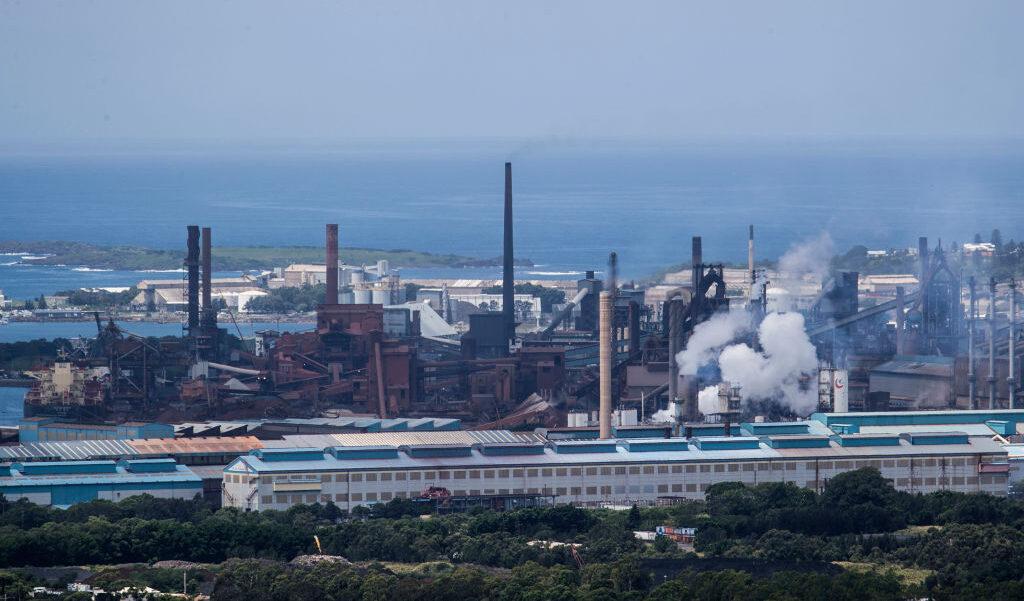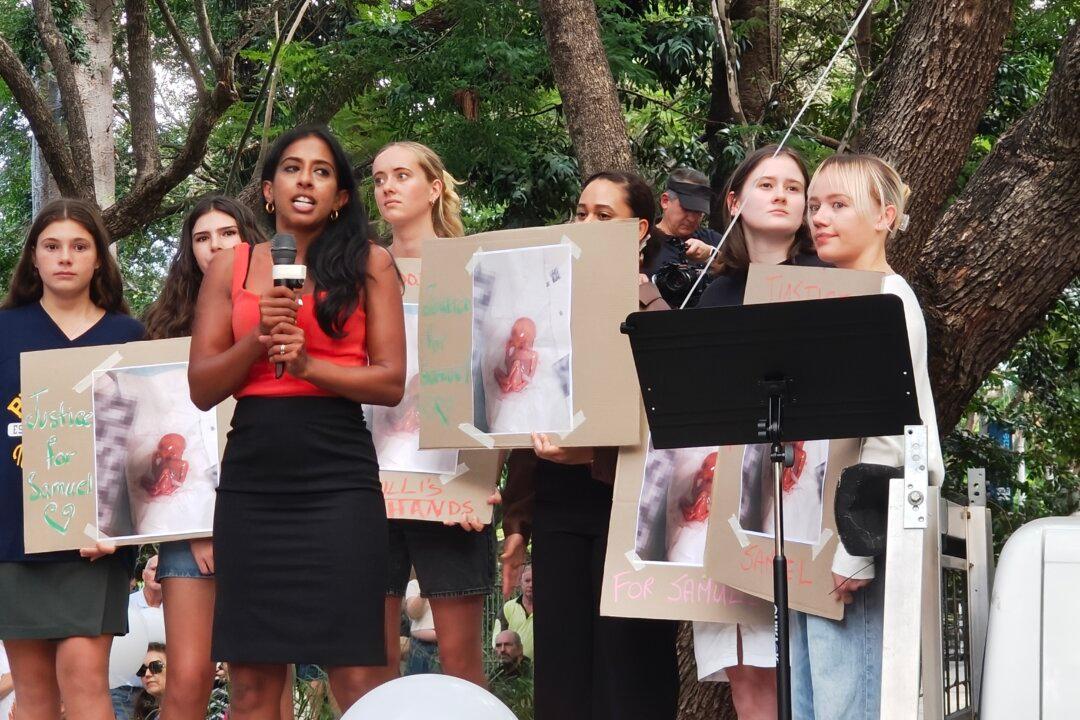John Barilaro, Deputy Premier of New South Wales (NSW) is exploring ways to overturn the Independent Planning Commission’s (IPC) decision to block a $958 million (US$743 million) coal mine expansion on environmental safety grounds.
The deputy premier met with several key figures in the coal and steel industry at major steelmaker BlueScope Steel’s headquarters in Wollongong to discuss the future of coal mine operations and the potential economic fallout of the IPC’s decision.





